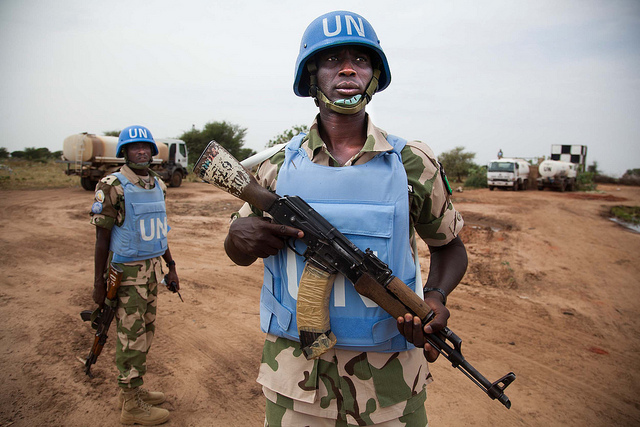Indonesian Women Suffer Higher Rates of Caining as Punishment
/Olivia Elswick, Asia CorrespondentLast Modified: 23:06 p.m. DST, 20 May 2014
 EAST ACEH, Indonesia - A 25-year-old widow claims she was raped by eight men after they allegedly found her with a married man in her home in Lhokbani, a village in East Aceh district. The man, 40, and woman were beaten and doused with sewage before they were turned over to Islamic police in the Aceh province.
EAST ACEH, Indonesia - A 25-year-old widow claims she was raped by eight men after they allegedly found her with a married man in her home in Lhokbani, a village in East Aceh district. The man, 40, and woman were beaten and doused with sewage before they were turned over to Islamic police in the Aceh province.
Indonesia is the world’s most populous Muslim nation, consisting of 240 million people. More than 90% of Indonesians describe themselves as Muslims though most practice a moderate form of Islam. Indonesia has a policy of secularism but Aceh, a principally Muslim province on the northern tip of Sumatra, practices a version of Sharia Islamic law.
The right to use Islamic law was granted to Aceh in a bid to end a long-running separatist insurgency and give the province more autonomy. Special police enforce this law and regular police forces enforce criminal law for cases such as rape.
Ibrahim Latif, head of Sharia law in the district, said his office recommends the widow and the man be caned nine times for violating religious law. Latif believes the two violated Sharia law simply by being in the same room together, though Latif claims that the widow and the man admitted to having had sex earlier. He is married with five children.
Police have arrested three of the eight men and are searching for the others. Latif said the eight could be caned for the rape but, “it will be too lenient if they just received the same punishment of nine strokes.” Caning was introduced as punishment with the enactment of the province’s Special Autonomy Law of 2001 for crimes such as alcohol consumption, adultery, being alone with someone of the opposite sex who is not a spouse or relative, and eating, drinking, or selling food during the sunlight hours of Ramadan, a month of fasting.
Many of Aceh’s Sharia laws are thought to target women, such as an incident this spring when police pulled women over and forced them to sit sideways on motorbikes, legs dangling near the rear wheel. The police and members of the public conduct raids to ensure women adhere to the local dress codes, and in 2012, 62 women in Bireuen district were detained for wearing tight clothing.
Lt. Col Hariadi, East Aceh police chief said the men arrested are being questioned on charges of rape. One of the accused, a 13-year-old boy, will be charged as an adult but prosecuted in a closed-door trial. The criminal charge of rape carries a maximum incarceration of 15 years. Officials have said that the sexual assault will not be taken into consideration in determining the punishment of the religious crime she was committing.
Follow Olivia on Twitter Twitter: @nahmias_report Asia Correspondent: @OCElswick
Related articles
- Gang-raped Indonesian woman faces public caning (usnews.com)
- Gang-raped Indonesian woman may be caned publicly (miamiherald.com)
- Gang-Raped Indonesian Woman Faces Public Caning (abcnews.go.com)
- Woman who was gang raped will be publicly caned (endtimebibleprophecy.wordpress.com)
- Aceh woman, gang-raped by vigilantes for alleged adultery, now to be flogged (smh.com.au)

















